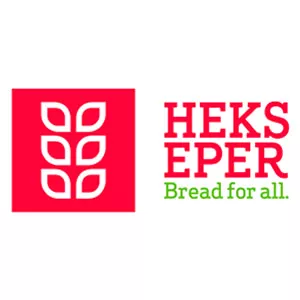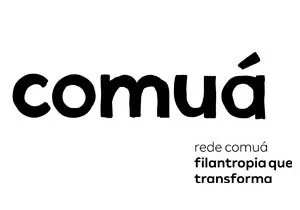- Home
- News
- Round Table Discussion brings together indigenous peoples and ecumenical representatives in the Anglican Cathedral in Brasilia
Round Table Discussion brings together indigenous peoples and ecumenical representatives in the Anglican Cathedral in Brasilia
03 de May de 2017The fight for the right to territory kills dozens of indigenous people every year in Brazil. Data from the Indigenous Missionary Council (Conselho Indigenista Missionário: CIMI) demonstrates that, in 2015, 54 indigenous people were killed in territorial disputes around the country. These original people work tirelessly for the Government to demarcate their lands so that entrepreneurs and ranchers cannot seize and destroy indigenous territory.
On the afternoon of 19 April, representatives from five indigenous ethnicities – Xukuru, Guajajara, Guarani, Wapichama and Bororo – came together in a spirit of confrontation at the Round Table Dialogue for Good Living, promoted by the ACT Ecumenical Forum of Brazil (Fórum Ecumênico ACT Brasil: FE ACT), in the Anglican Cathedral in Brasilia.
The aim of the dialogue was to reflect on the threats to and, in many cases, losses of constitutional rights experienced by indigenous peoples around the county. The afternoon began with chants and rites conducted by the tribes represented on the day. Immediately afterwards, the indigenous peoples took the floor to discuss their difficulties as traditional peoples.
Following statements from some of the indigenous representatives, the Guarani Kaiowá Ecumencial Mission site (http://www.mecumenicaguaranikaiowa.org.br/) was officially launched. The site contains information and reports from CESE’s two ecumenical missions, the National Council of Christian Churches of Brazil (Conselho Nacional de Igrejas Cristãs: CONIC), and the Ecumenical Centre for Bible Studies (Centro Ecumênico de Estudos Bíblicos: CEBI) in Mato Grosso do Sul. It also publishes news about the situation of indigenous peoples in other regions around the country in their struggle for territorial demarcation.
SEE WHAT THEY SAY ABOUT US
I am a macumba devotee, but I love being with partners whose thinking is different from ours and who respect our form of organization. CESE is one such partner: it helps to build bridges, which are so necessary to ensure that freedom, diversity, respect and solidarity can flow. These 50 years have involved a lot of struggles and the construction of a new world.
Over these 50 years, we have received the gift of CESE’s presence in our communities. We are witness to how much companionship and solidarity it has invested in our territories. And this has been essential for us to carry on the struggle and defence of our people.
In the name of historical and structural racism, many people look at us, black women, and think that we aren’t competent, intelligent, committed or have no identity. Our experience with CESE is different. We are a diverse group of black women. We are in varied places and have varied stories! It’s important to know this and to believe in us. Thank you CESE, for believing in us. For seeing our plurality and investing in us.
CESE was set up during the most violent year of the Military Dictatorship, when torture had been institutionalized, when arbitrary imprisonment, killings and the disappearance of political prisoners had intensified. The churches had the courage to come together and create an institution that could be a living witness of the Christian faith in the service of the Brazilian people. I’m so happy that CESE has reached its 50th anniversary, improving as it matures.
You have to praise CESE’s capacity to find answers so as to extend support to projects from traditional peoples and communities, from family farming, from women; its recognition of the multiple meanings of the right to land, to water and to territory; the importance of citizenship and democracy, including environmental racism and the right to identity in diversity in its discussion agenda, and its support for the struggles and assertion of the values of solidarity and difference.
When we hear talk of the struggles of the peoples of the waters, of the forests, of the semi-arid region, of the city peripheries and of the most varied organizations, we see and hear that CESE is there, at their side, without replacing the subjects of the struggle. Supporting, creating the conditions so that they can follow their own path. It is this spirit that we, at ASA, want you to maintain. We wish you long life in this work to support transformation.




















